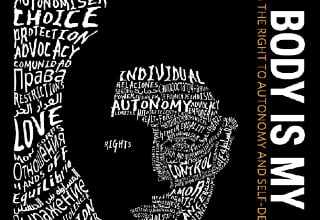Sana’a, Yemen, 24 October 2016 – Forced marriage, child labour, female genital mutilation and other practices undermining girls’ health and rights threaten the world’s ambitious development agenda, warns UNFPA, the United Nations Population Fund, in The State of World Population 2016.
The State of World Population report notes that of the 125 million 10-year-olds today, 60 million are girls who are systematically disadvantaged at the global level as they move through adolescence into adulthood. Girls are less likely than boys to complete formal schooling at the secondary and university levels, are more likely to be in poorer physical and mental health, and will find it harder to get paid jobs.
Conflicts and situations of displacement increase the challenges faced by girls as occurrence of violence against women, including early marriage, child marriage and trafficking rise.
In Yemen, the conflict has displaced nearly 400,000 girls below 18 years of age; 1.83 million children have lost access to schools, including a million boys and more than 830,000 girls. In Taizz alone, an estimated 160,000 children are unable to attend school as a result of the conflict. This is in addition to the 1.6 million children who were already out of school before the crisis. To date, some 3,600 schools remain closed. A recent assessment also indicates an increase in the prevalence of child marriage in many parts of Yemen, as families try to cope with the economic pressures brought about by internal displacement.
Ten is a pivotal age for girls everywhere. Practices that harm girls and violate their human rights--starting at age 10--prevent them from realizing their full potential as adults and from contributing to the economic and social progress of their communities and nations. Without their contribution, the United Nations Agenda 2030 for Sustainable Development and its accompanying 17 Sustainable Development Goals may never be achieved.
The challenge now, UNFPA’s State of World Population report says, is to scale up these interventions to reach more girls, especially the poorest and most vulnerable, by age 10.
“How we invest in and support 10-year-old girls today will determine what our world will look like in 2030,” UNFPA Executive Director Dr. Babatunde Osotimehin says. “With support from family, community and nation, and the full realization of her rights, a 10-year-old girl can thrive and help bring about the future we all want.”
Find the full report here: http://www.unfpa.org/swop
For more information, please contact:
Lankani Sikurajapathy: Tel. +962 796434401; sikurajapathy@unfpa.org
Fahmia Al-Fotih: Tel: +967 712224016; al-fotih@unfpa.org

